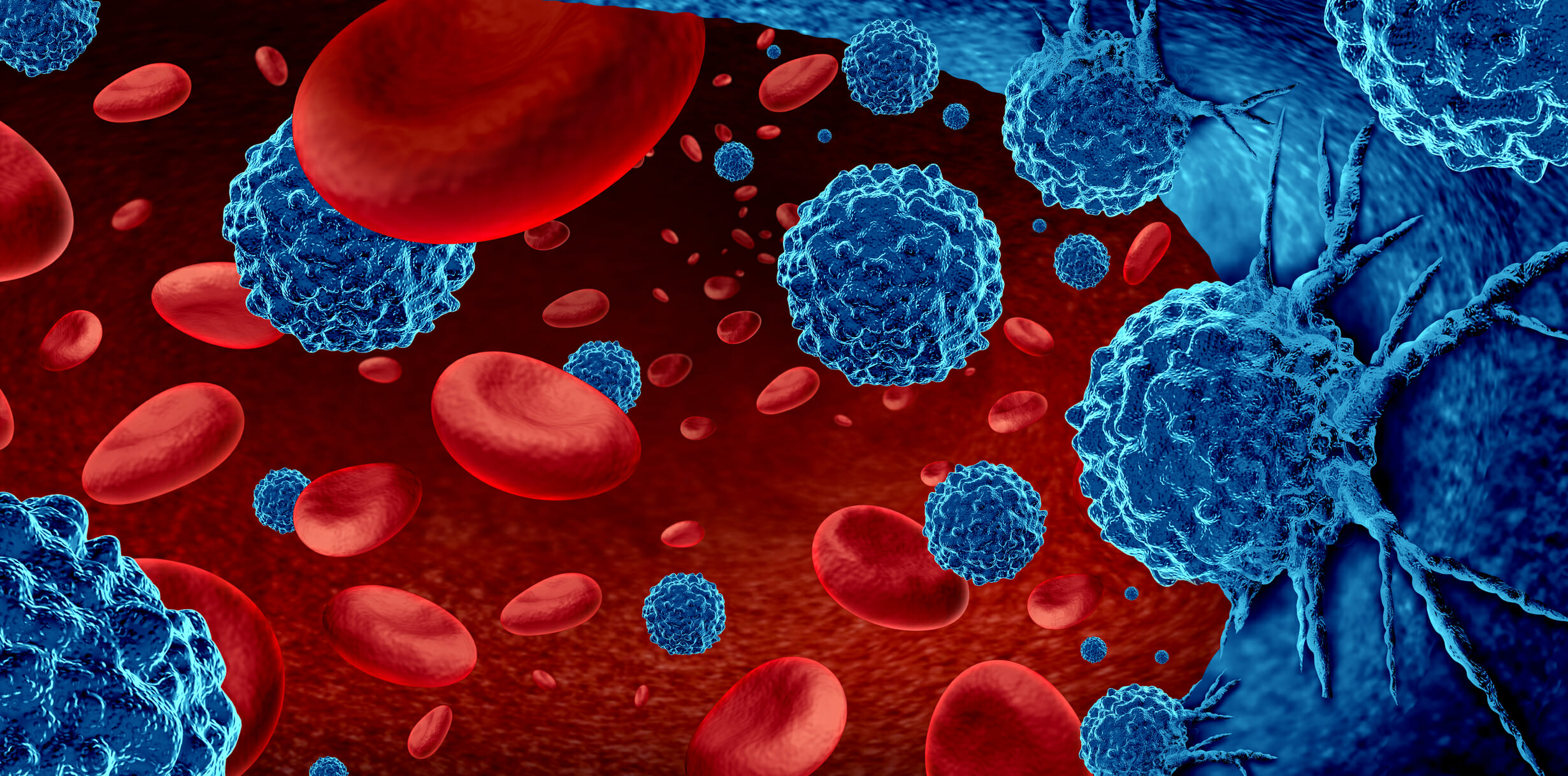Multiple myeloma, a cancer of the plasma cells, is an incurable disease. Health care professionals are still not entirely sure what causes the condition, and when symptoms manifest they can be painful and put patients at significant risk for complications.
Recent studies have suggested that immunotherapies show promise for patients with multiple myeloma in boosting their immune systems against the condition, potentially improving their chances for longer-term survival. These treatments are not without risk, however. What have these studies found about boosting immunity with multiple myeloma?
Types of Immunotherapy
A March 2021 study in Cancers examined current and potential immunotherapies in the fight against multiple myeloma.¹ The researchers noted that while autologous stem cell transplantation is one of the most common treatments for young people with recently diagnosed multiple myeloma, it also carries the risk of increasing the production of inflammatory cytokines. And while allogeneic stem cell transplantation may be better for progression-free survival, it brings an elevated risk of treatment-related mortality.
The researchers believe that immunomodulators (IMIDs) like thalidomide and lenalidomide are crucial to improved treatment outcomes in multiple myeloma. They suggest that future studies may explore the effects of combining IMIDs with other multiple myeloma treatments. The investigators also note exciting potential breakthroughs such as the genetically modified T-cell chimeric antigen receptor T (CAR-T) and bi-specific T-cell engagers. In addition, they are hopeful that future innovations can help build up patient immunity. These include marrow-infiltrating lymphocytes (which are designed with the intention of entering bone marrow and exerting anti-tumor activity) and dendritic cell-based vaccines.
Another 2021 study, this one in Frontiers in Oncology, examined findings in the therapeutic benefits of attempting to restore immunity in patients with multiple myeloma.² The investigators concluded that approaches that focus on restoring immunity have great potential to improve a patient’s long-term control over their condition. However, challenges can accompany these immune-based strategies, including infection risk and blood typing interference. Like the researchers in the previous study, the investigators reiterated the importance of IMIDs like thalidomide and the potential for dendritic cell-based vaccines, as well as protein-based vaccines, peptide-based vaccines, and genetic vaccines.
Takeaway
Ultimately, the researchers in each study concluded that the potential for immunity-based strategies to help patients with multiple myeloma is an exciting possibility, and one that shows the greatest ability to help patients’ response to multiple myeloma while maintaining their quality of life.
References
1. Lopes R, Ferreira BV, Caetano J, Barahona F, Carneiro EA, João C. Boosting immunity against multiple myeloma. Cancers (Basel). 2021;13(6):1221. Published 2021 Mar 11. doi:10.3390/cancers13061221
2. Yamamoto L, Amodio N, Gulla A, Anderson KC. Harnessing the immune system against multiple myeloma: challenges and opportunities. Front Oncol. 2021;10. doi:10.3389/fonc.2020.606368
This article originally appeared on Cancer Therapy Advisor
